Auburn biosystems engineering team named finalist in NASA agricultural competition
Published: Mar 28, 2025 2:00 PM
By Jeremy Henderson
There’s a buzz in the air around Corley Hall these days — literally.
Blame it on the team of both doctoral and undergraduate biosystems engineering students tackling the age-old problem of precise fertilizer application with cutting-edge drone technology. According to NASA, they’re tackling it well.
Their project, the Proactive Resource Efficiency via Coordinated Imaging and Sprayer Execution (PRECISE) System, was recently tapped as a finalist in NASA’s 2025 Gateways to Blue Skies Competition, which is designed to foster innovative aviation solutions to agricultural challenges.
PRECISE does that — and then some.
"Agricultural practices have undergone transformational evolution ever since the Neolithic era," said team member Al Dean Francisco, a junior in biosystems engineering. "But the precise calibration of fertilizer application to meet specific agronomic needs is still a major challenge."
The team's time-saving, cost-reducing solution?
A coordinated tandem drone system that applies a slow-release, biochar-based fertilizer where needed based on an advanced imaging analysis of nutrient deficiencies.

"One drone scans the fields with specific multi-spectral cameras looking for wavelengths that can indicate nitrogen, phosphorus and potassium depletion," said doctoral student Hamid Syed. "The PRECISE on-board computer interprets that information into a spray rate value using a lookup table and then transmits that value to the ground unit which stores that data before forwarding it on to the spreader drone."
It's cool. It's efficient. It's environmentally friendly. And it's primed to bring home the blue ribbon.
"We're obviously excited and honored to make it to the finals," said team lead Vivian Usha, a biosystems engineering doctoral student. "It's a testament to a lot of hard work from a lot of really dedicated students.”
In addition to Francisco, Syed and Usha, the team includes biosystems engineering graduate students Louie Harris and Ayden Kemp.
“Making it this far also goes to show the level of support and resources available in our department,” Usha said. “Technology based sustainable methods of providing life’s essentials is something really emphasized here and I like to think that PRECISE is something that lives up to that."
Media Contact: , jdh0123@auburn.edu, 334-844-3591
A team representing Auburn University's Department of Biosystems Engineering poses with the PRECISE system. From left: Tanzeel Rehman, assistant professor in biosystems engineering; Al Dean Francisco; Louie Harris; Ayden Kemp; Hamid Syed; and Vivian Usha.




